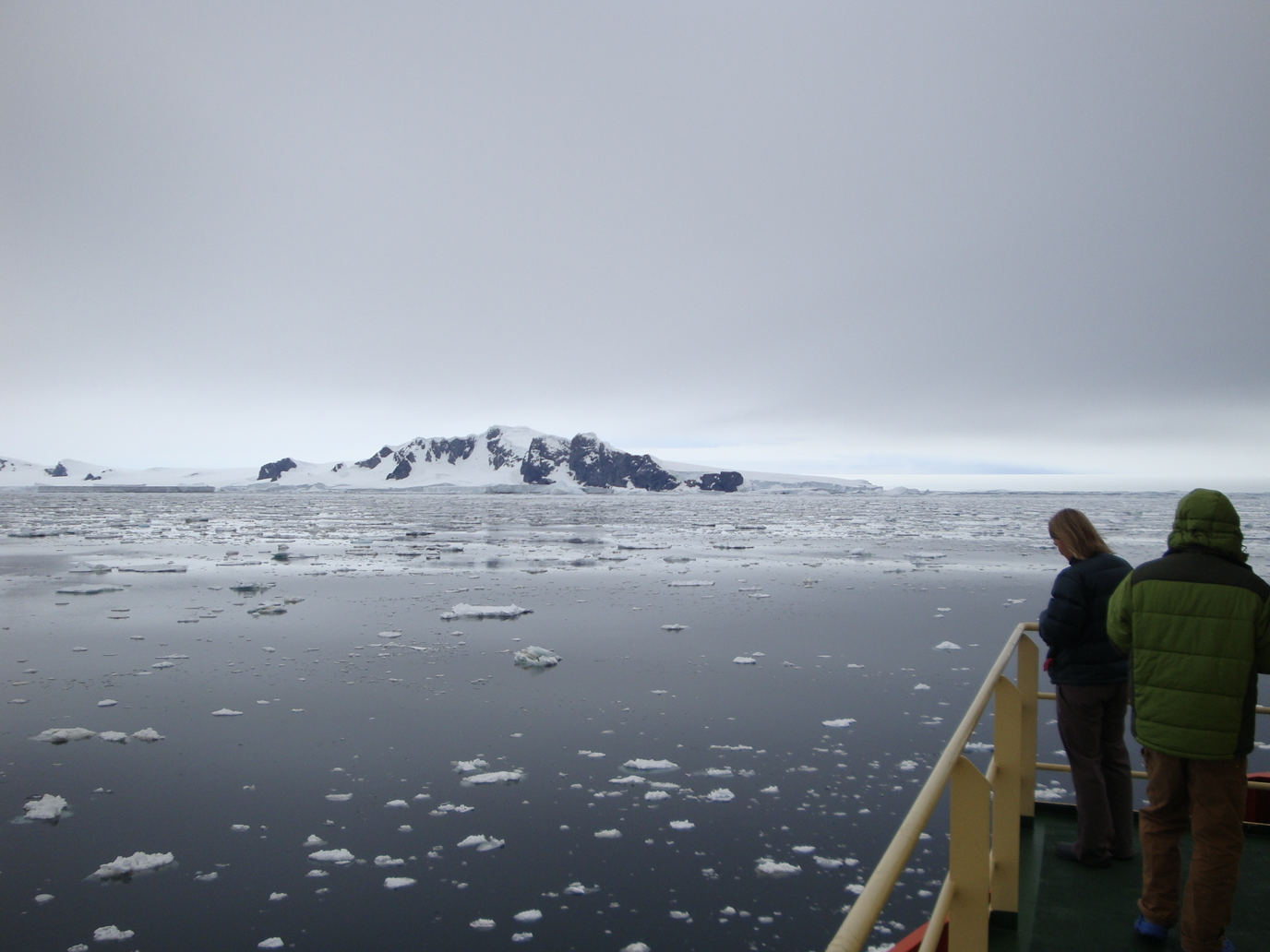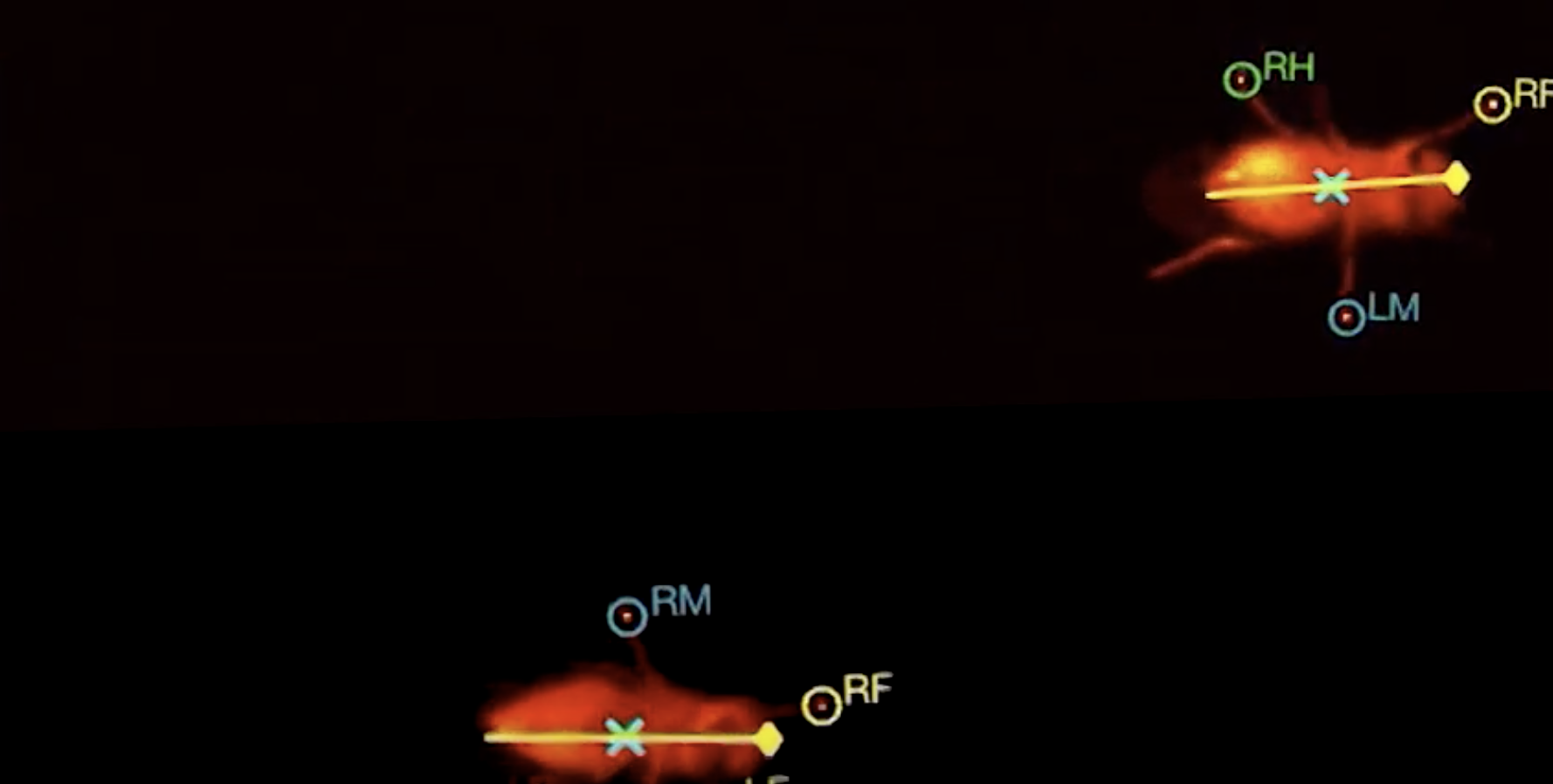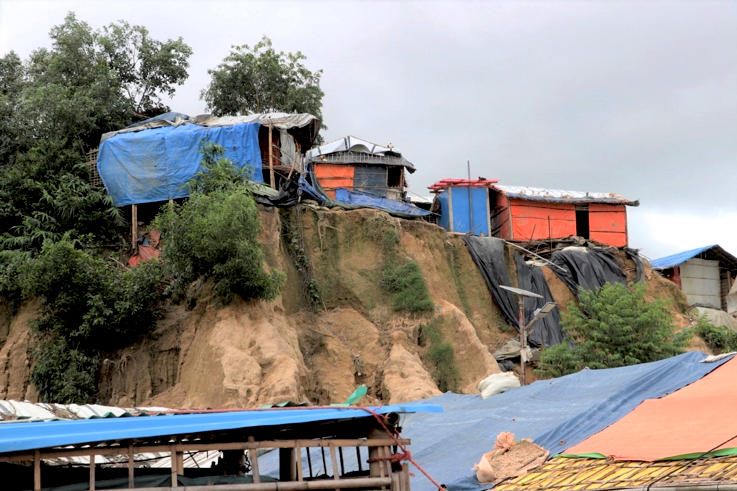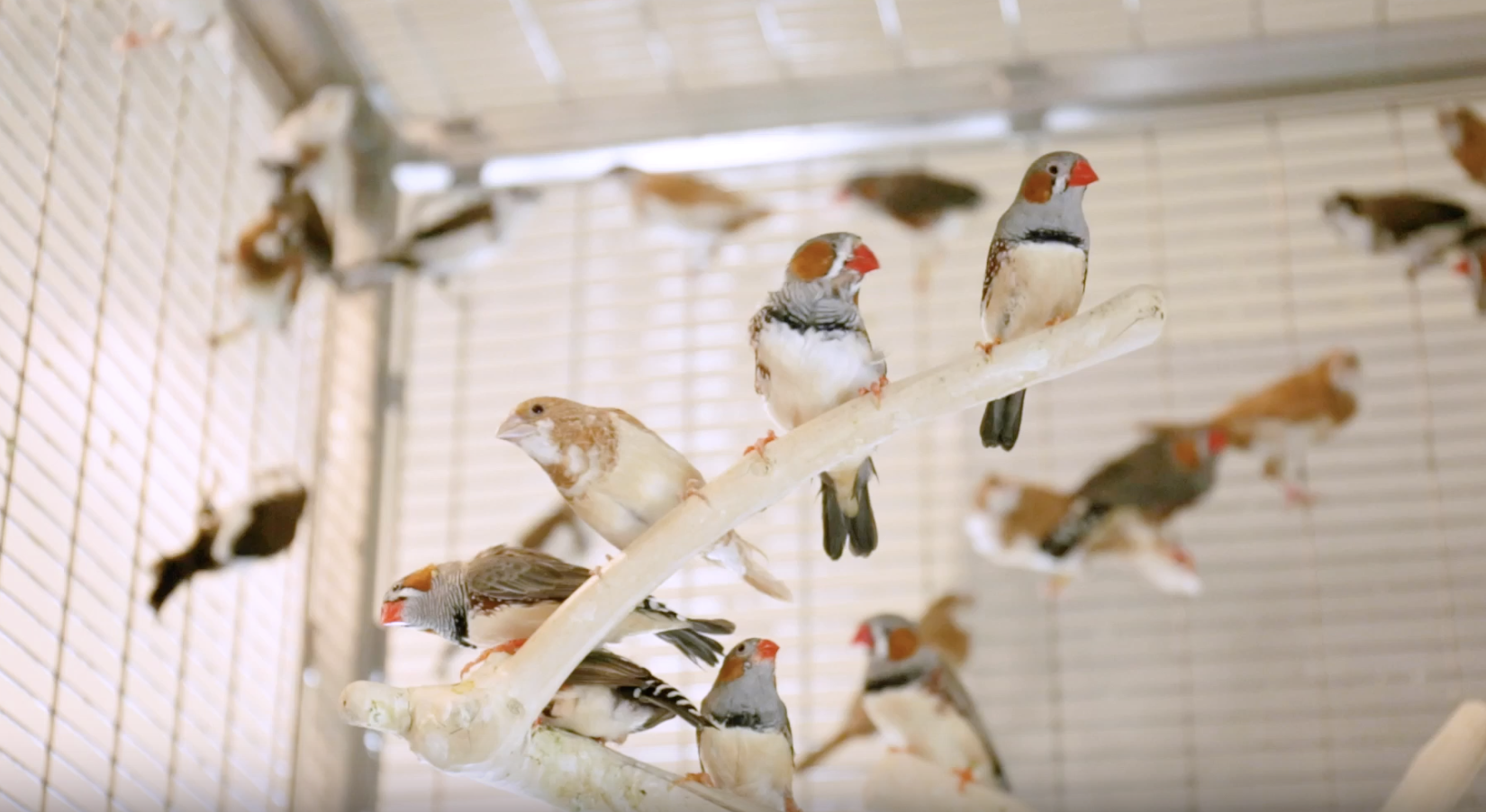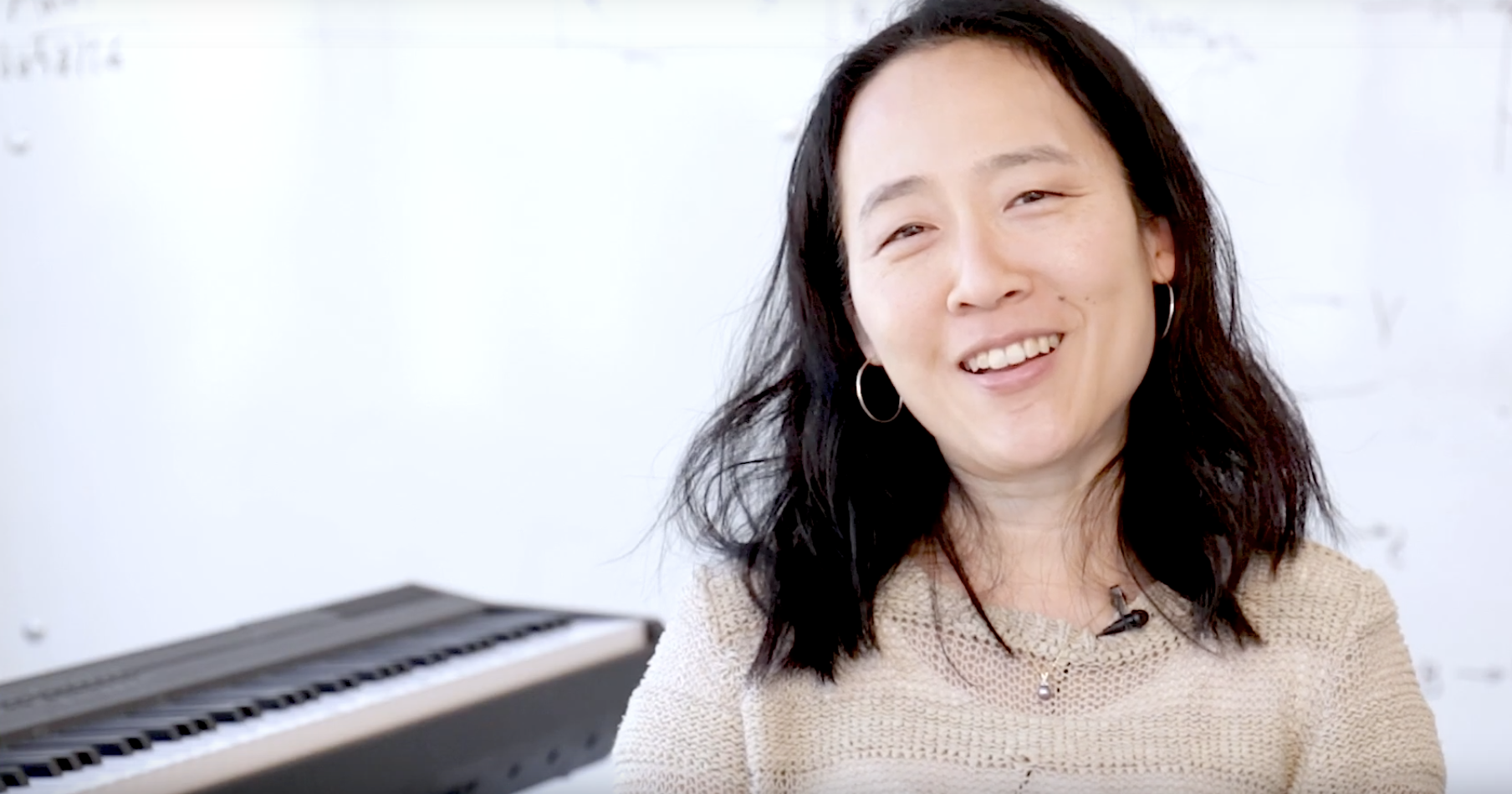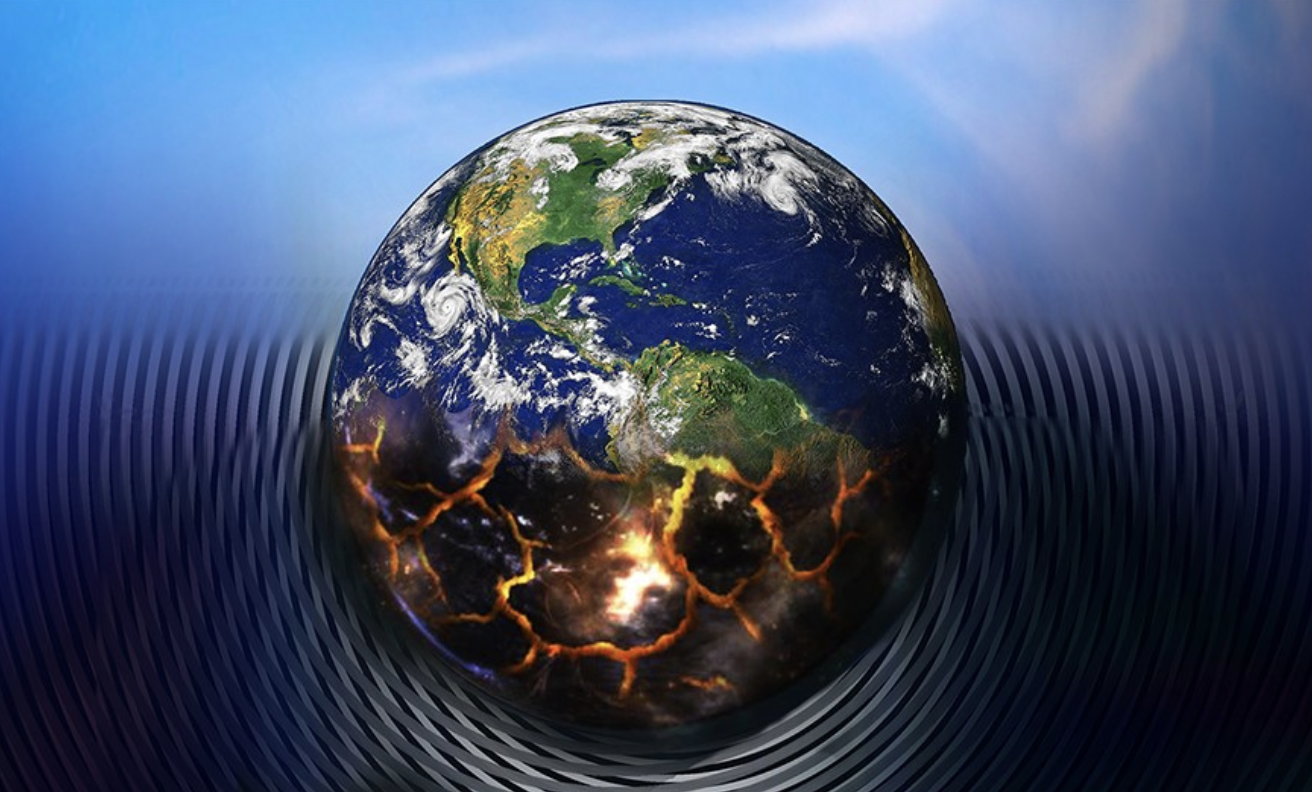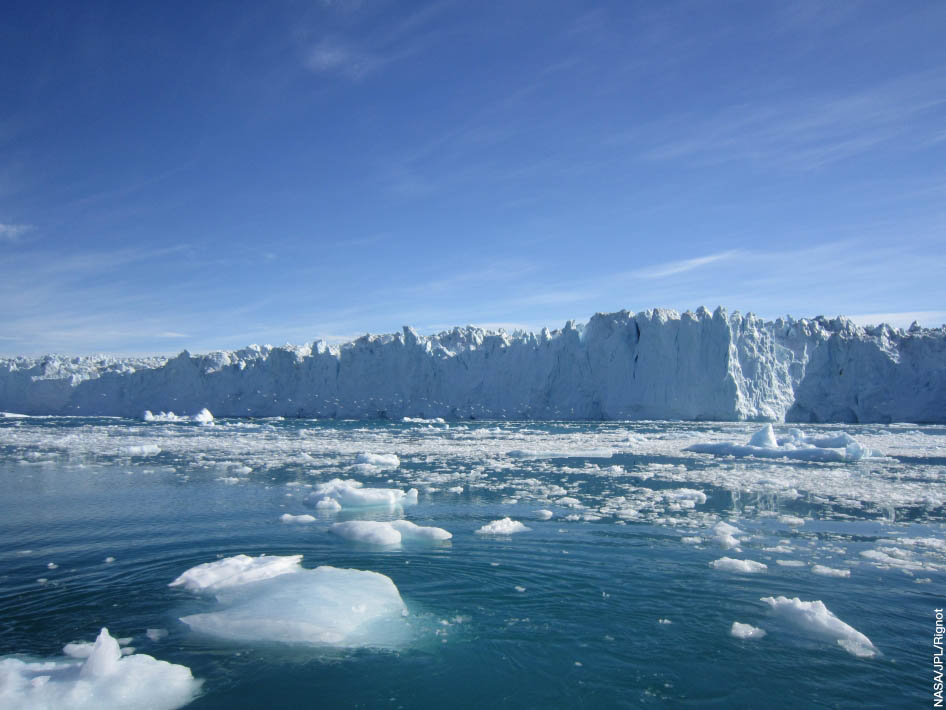November 27, 2019
An Inlet By Any Other Name: Lamont Scientist Honored with Antarctic Namesake
A small bay in Antarctica has been named after biological oceanographer Hugh Ducklow from Columbia University’s Lamont-Doherty Earth Observatory.
November 27, 2019
Why Do We Freeze When Startled? New Study in Flies Points to Serotonin
Columbia researchers uncover the mechanism that produces the fly’s startle response, which offers clues as to what may happen in our own bodies when we get startled.
November 22, 2019
Assessing Landslide Risk in Rohingya Refugee Camps
NASA and Columbia University’s International Research Institute for Climate and Society partner with humanitarian organizations to provide near real-time data on land use, rainfall, and elevation.
November 21, 2019
Curious Minds: How Do Birds Change Their Tune?
Postdoctoral research scientist Jordan Moore, PhD, discovered a part of the brain critical for learning songs: a step toward understanding how human beings learn language when young.
November 18, 2019
Music and the Mind: Award-Winning Pianist Reflects on Her Time as the Zuckerman Institute’s First Jazz Artist-in Residence
Musician Helen Sung, who has spent a year learning about the brain at the Zuckerman Institute, prepares to debut original compositions inspired by brain science.
November 15, 2019
Recap: How Should Columbia Drive Climate Change Innovation?
As the climate crisis mounts, Columbia has turned to its students for ideas and partnership in addressing one of the most critical global challenges of our times.
November 14, 2019
Linda Sohl Reconstructs Climate Models to Help the Search for Alien Life
Sohl, an earth system scientist at Columbia University’s Center for Climate Systems Research and the NASA Goddard Institute for Space Studies, studies Earth’s climate past, so that we can better predict its future.

